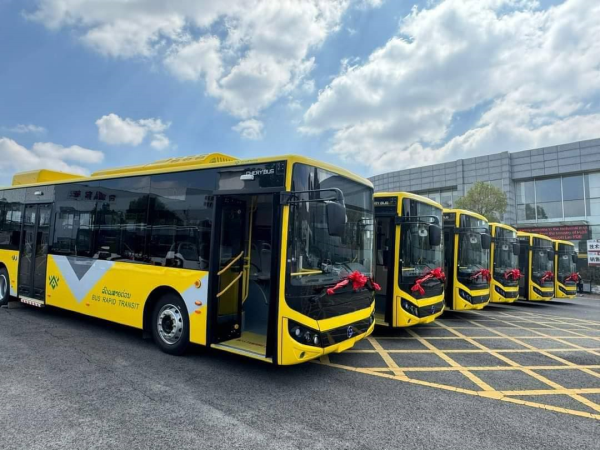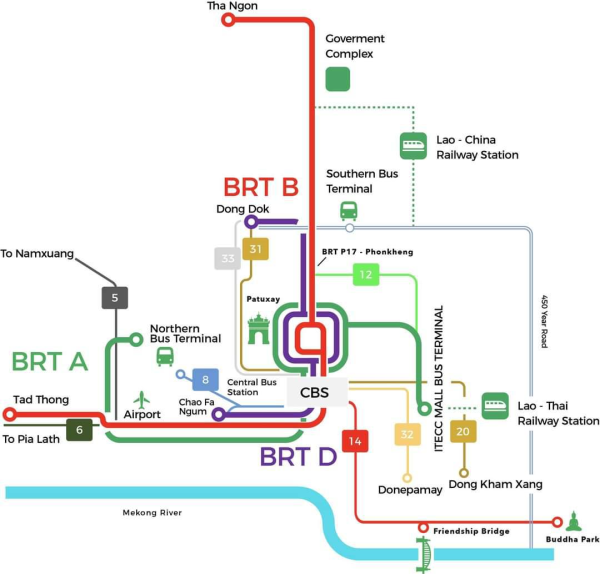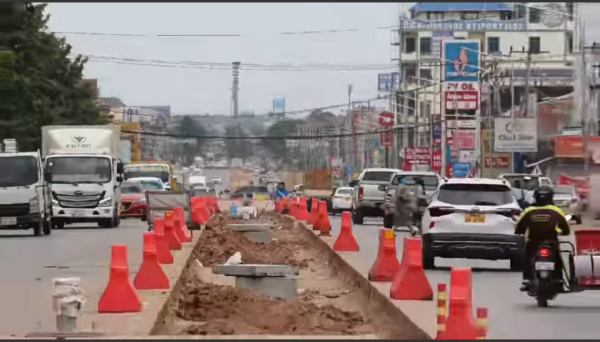KPL
Twenty-eight of the 55 electric Bus Rapid Transit (BRT) buses ordered by Vientiane, Lao PDR, from Chinese manufacturer Chery Wanda, are expected to arrive in the capital city on November 4, 2024, according to SouthEast Asia Infrastructure.
The BRT project, part of the Vientiane Sustainable Urban Transport Project (VSUTP), includes construction of bus stations, dedicated bus routes, operating systems, maintenance facilities, and installation of BRT communication lines (fiber optics and CCTV cameras). A three-month free trial is scheduled to start after June 2025, with official operations beginning in 2026.

(KPL) Twenty-eight of the 55 electric Bus Rapid Transit (BRT) buses ordered by Vientiane, Lao PDR, from Chinese manufacturer Chery Wanda, are expected to arrive in the capital city on November 4, 2024, according to SouthEast Asia Infrastructure.
The BRT project, part of the Vientiane Sustainable Urban Transport Project (VSUTP), includes construction of bus stations, dedicated bus routes, operating systems, maintenance facilities, and installation of BRT communication lines (fiber optics and CCTV cameras). A three-month free trial is scheduled to start after June 2025, with official operations beginning in 2026.
Commuters in Vientiane will soon benefit from fully air-conditioned, 12-meter electric buses with designated priority seating for pregnant women, seniors, and people with disabilities.

These buses will run on exclusive BRT lanes, providing faster and safer service for commuters.
The system will operate daily from 6 a.m. to 10 p.m. and will integrate with the city’s existing bus network, featuring six main stations along the BRT route: 1. T4 Jao Fa Ngum Park, 2. T3 Inpeng Temple, 3. N2 Talad Sao Market (Vientiane Bus Station), 4. N4 Patuxay, 5. P17 Phonekheng, 6. P1 National University of Laos.
Real-time bus arrival information will be displayed at each station and inside the buses. Payments can be made using smartcards, which will be available at all BRT stations, the Friendship Bridge, Wattay International Airport, new railway stations, and participating convenience stores.

The project is funded and supported by the Asian Development Bank (ADB), European Investment Bank, Global Environmental Fund, and domestic resources.
KPL